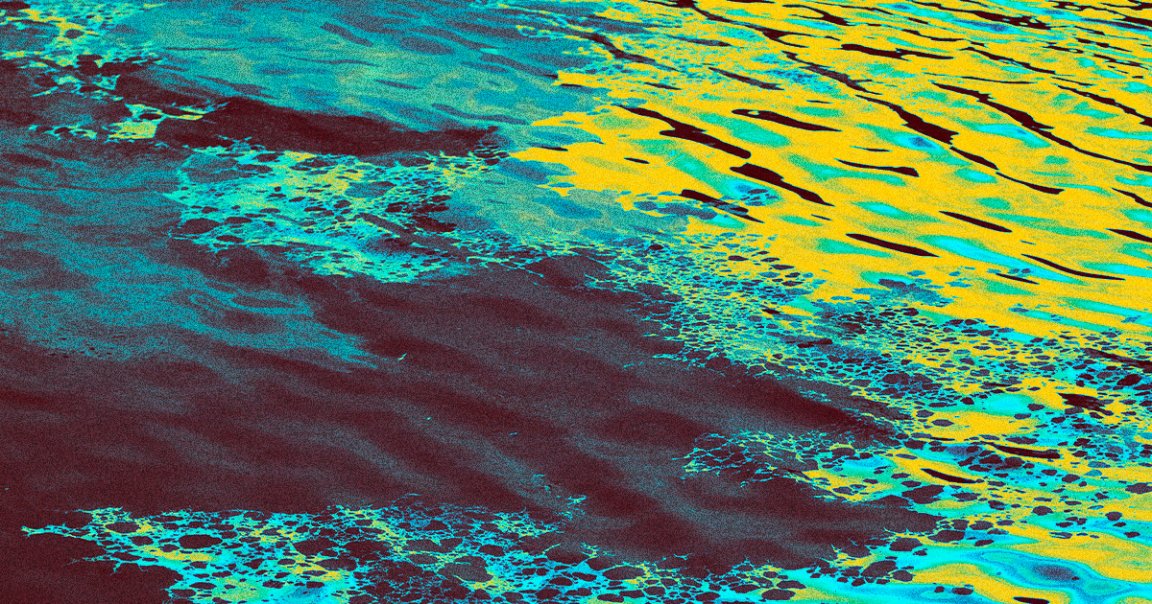
Sea-ing is Believing
A group of scientists hired by a Canadian firm to monitor its deep sea mining operations was so alarmed by the firm’s careless discharging of sediments into the ocean, The Guardian reports, they covertly recorded the dumping and leaked it to the public.
The footage shows sediment streaming out the side of the operation’s ship and into the ocean. A closer angle from aboard the vessel reveals the affected water below, where clouds of sediment stir beneath the discolored surface.
In addition, the scientists found that the firm, The Metals Company (TMC), fell short of its own environmental monitoring strategy, alleging that TMC didn’t properly consider how plumes of sediment are kicked up from the seabed when mining — something that could have a devastating impact on marine life.
Miner Meddling
After the video leaked, TMC acknowledged the mishap but blamed it on a technical issue, vowing that the problem was fixed and that the unprompted discharge “did not have the potential to cause serious harm.”
But the scientists’ testimony still casts a looming shadow of doubt over TMC’s honesty. They claim that one of the company’s subcontractors tried to influence their findings by telling them to collect water samples when there were no sediment plumes.
Furthermore, they allege that the subcontractor went off-plan by using a robot to generate a disturbance, meaning their data gathered to assess the company’s purported mining techniques was now useless.
Getting Sedimental
As the hunt for rare earth minerals needed to make electric car batteries ramps up, deep sea mining has been touted as a way of obtaining them.
But the industry and its practices remain largely opaque, masking the potential harm it does to our oceans. Needless to say, it’s an extremely controversial practice that has many concerned over its potential to erase entire ecosystems.
In particular, scientists are worried about the amount of sediment that deep sea mining releases. As The Guardian notes, a high-profile demand for a moratorium on deep sea mining has been signed by over 700 scientists. Nations like France have voted to outright ban the practice, with others like Germany and Chile either considering lengthy pauses or signing international moratoriums.
TMC is one of the biggest players in the industry, and if it’s brazen enough to dump waste even when it’s under watch, that justifiably raises more questions over what goes on behind the scenes at the company and its competitors.
“We don’t know what the consequences of those problems were under the surface of the sea,” Catherine Coumans, a research coordinator for MiningWatch Canada, told The Guardian.
“We’re only seeing the tip of the iceberg,” she added. “We’re not getting transparency.”
More on the ocean: Scientists Dye Chunks of Ocean Water Pink for Head-Turning Coastal Experiment